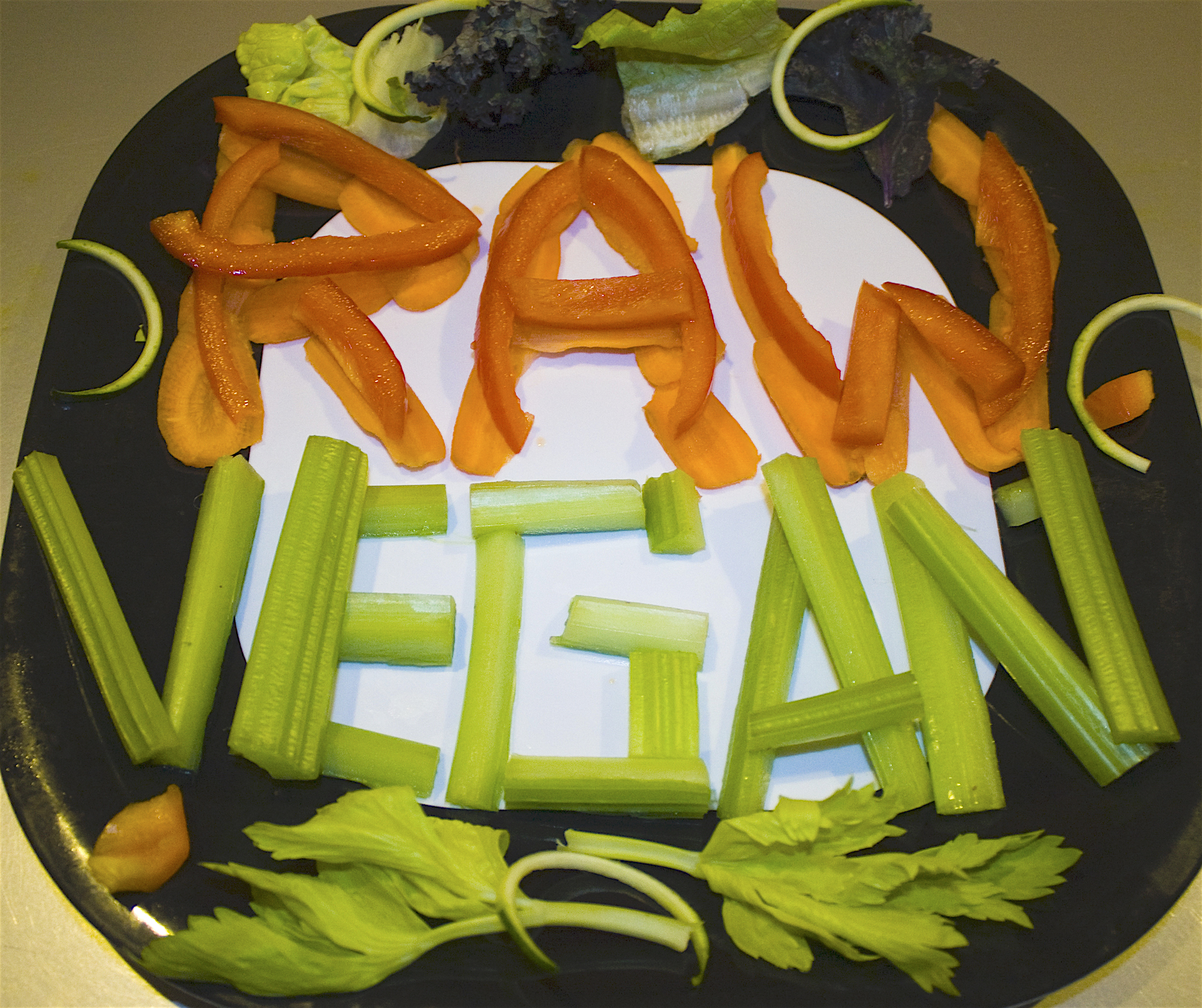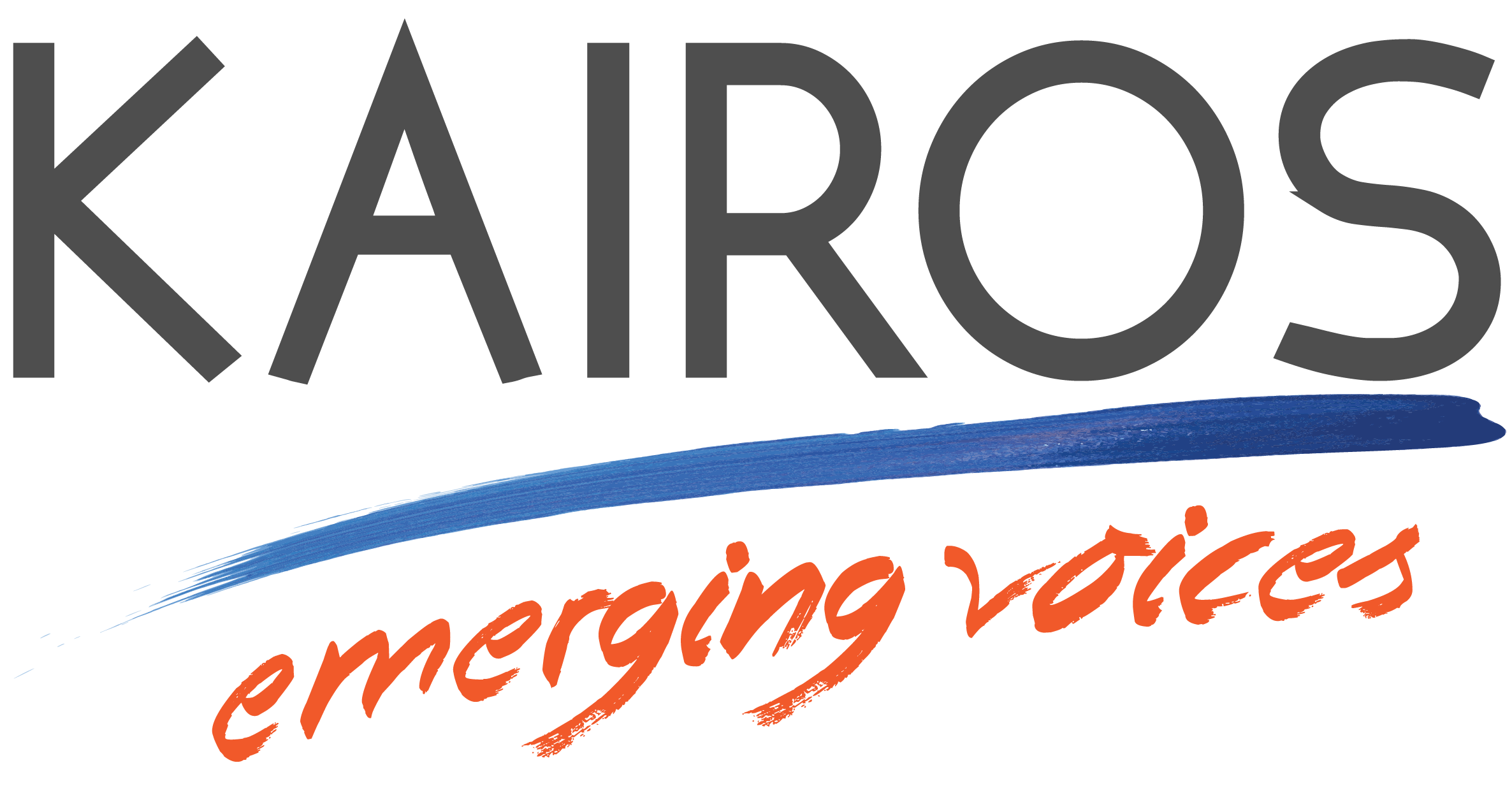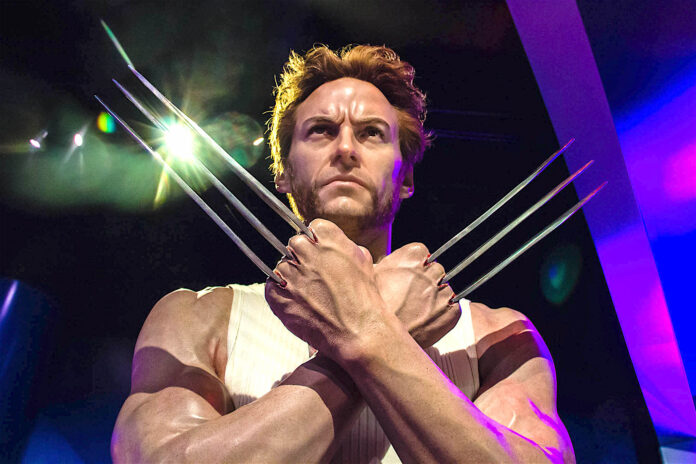 It’s not hard to follow a vegan lifestyle, proponents argue: it can be as automatic as learning to drive.
It’s not hard to follow a vegan lifestyle, proponents argue: it can be as automatic as learning to drive.
Rushil Patel was a normal red meat-eating kid when he fell under the influence of the muscular Australian actor Hugh Jackman and his vegan-inspired workout routines.
“I was like, ‘I wanna start working out, I wanna get big,’” recalled Patel, a Rutgers University student who is now the treasurer of the Rutgers Veg Society, and a representative of the Humane League, an animal rights group. “I was looking up Hugh Jackman workout routines.”
Patel grew up partly in India, with its more vegetable-driven cuisine. But, “when we moved [to New Jersey], I was in the American school system, and I ate whatever they had. I was fine with eating meat,” Patel recalled, over a meal of rice noodles glazed with sesame garlic at Honeygrow, the Asian-inspired chain.
Patel learned that Jackman was working with the Canadian vegan trainer and triathlete Brendan Brazier, who is renowned in the vegan community.
“I didn’t even know what vegan meant at that point,” Patel said. But by 2012, he had cut meat out of his diet, mainly for health reasons.
“Saturated fat, cholesterol — your body doesn’t need that stuff, it’s really harmful, causes many diseases,” he said.
Going All the Way
Patel hadn’t yet made a connection between his diet and animal rights, and was still eating dairy.
But he gradually began learning about the way animals are exploited and abused, even in the production of milk and cheese.
“I realized what happens in the industry, and how the system works,” he said somberly. “With that information that I had, I wouldn’t have been able to continue doing the same things I used to. That’s why I decided to become vegan.”
Patel thought about Brazier for another two or three years before, as a high school sophomore, he committed to veganism.
As an officer for the Rutgers Veg Society, he helps support the campus vegetarian and vegan community, by participating in meetings and community outreach. He’s also a campus organizer for the Humane League — a not for profit animal advocacy organization that works to protect all animals through public education initiatives and campaigns.
“We’re taught that you love certain animals, you use certain animals, you hunt certain animals, and you eat certain animals,” said Jenine Motta, programs director at the Animal Protection League of New Jersey.
That discussion is important for vegans and vegetarians: why do we keep some animals as pets and form a connection to them, they ask, but consume others?
The problem of intensive factory farming is another important vegan issue, Motta said. Animals are crammed into dangerously small spaces — and the waste they produce goes into the environment.
“People want to point at cars, or that we should be recycling,” she said. “Which are all good things to do, you know, drive an environmentally responsible car and recycle. But by far the biggest contributor to environmental pollution in the form of climate change is animal agriculture.”
Though it seems obvious that not consuming animals is key to ending animal cruelty, many people don’t understand why consuming dairy products can also harm both animals and the environment.
Nor did Patel know why he should eschew dairy, at first.
Most milk comes from factory farms, he discovered. Just like humans, a cow must be pregnant in order to lactate. One the calf is born, it is taken away from its mother in a day or two, so it won’t drink too much of the cow’s milk. If the calf is female, it can become another dairy cow; if a male, it’s killed for veal or beef. Nor are dairy cows permitted to live out their days in peace; they’re killed off once they stop lactating.
“Cows, pigs, and all these animals have connections with each other and their offspring, just like we do with our kids,” Patel said. “We may not understand that, but they feel what we feel as well. The practices are just cruel. Essentially, you’re taking a sample of bull semen and inserting it into the cow. I can’t stand for that.”
Veganism and vegetarianism are both rising in popularity – which makes it more socially acceptable for Americans to stop consuming animal products, veganism’s proponents say.
“It’s probably the most difficult aspect [of veganism], socially — because you’re still in the minority, but that’s changing all the time,” said Freya Dinshah, president of the American Vegan Society, and editor of its magazine, American Vegan. “I’ve been vegan for 56 years, and when I became vegan, you couldn’t go and find all these options. You couldn’t find tofu unless you went to San Francisco or New York’s Chinatown. You just had to make things from scratch yourself, and pack your own lunch.”
Not that the transition isn’t difficult, especially for busy college students just beginning to cook for themselves. Cutting whole groups of foods out of one’s diet is a big lifestyle change, as Patel realizes: he himself wavered between veganism and vegetarianism for a few years, before finally cut out all animal products about a year ago, in February 2016.
Arriving at Veganism
“It does take a lot of learning, but everything takes learning,” he argued. “Like, going from high school to college was a transition. Getting into a relationship is a transition of sorts, and breaking up is a transition. Any change in your life is a transition that you adjust into after a while, and it just becomes second nature.”
“It’s like driving a car,” seconded Charles Stahler, co-director at the Vegetarian Resource Group, which educates the public about vegetarian and vegan diets. “You first get your license, and you think this is all going to be so hard. But once you get going, you realize it’s all automatic. And you can make it as easy or as complicated as you want — it all depends on the person.”
Patel sees veganism as a journey, not unlike the road he traveled.
“It’s not about perfection,” he said, boxing up his leftover stir fry. “Let’s say you’ve been vegan for a year, and you had a bite of milk chocolate or a slice of pizza. That doesn’t make you not vegan — it’s not like a title you have to uphold! It’s doing the best you can.”

